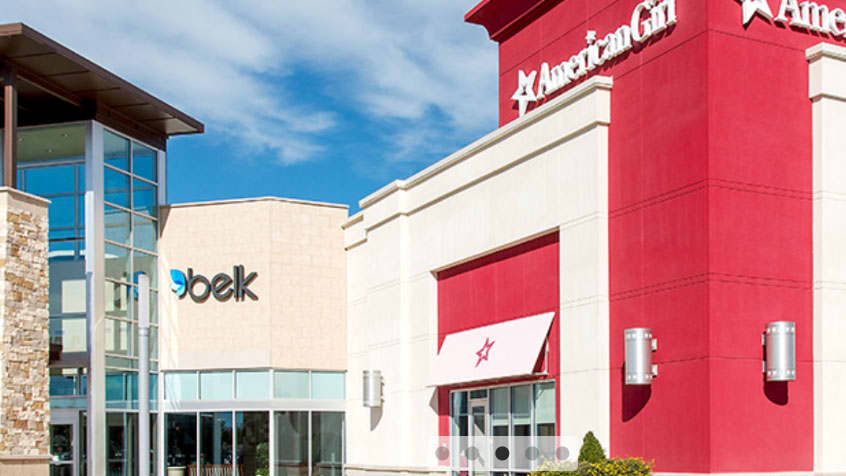CoolSprings Galleria Mall, Franklin, TN
Source: CBL Properties
With winter looming, America’s mall owners face troubling days ahead in the global health crisis, according to a new report from S&P Global Market Intelligence.
As the Covid pandemic worsens, and cases and hospitalizations keep climbing to new records in the U.S., mall owners face the threat of additional shutdowns, which could paint an even bleaker picture for landlords heading into the New Year.
Following a round of lockdowns and stay-at-home orders that began in March and abated during the summer months, retailers had a moment of reprieve to try to get their businesses back on track. But the temporary hardships were enough to push two mall owners, CBL & Associates and Pennsylvania REIT, into bankruptcy. Both filed for Chapter 11 protection on Nov. 1.
Now, the United States is entering what many describe as the country’s darkest days yet. California recently implemented new regional lockdowns. Chicago is advising its residents to stay at home. Other cities are expected to follow suit. There likely will be more mall shutdowns to come.
In a report released Tuesday, S&P’s Quantamental Research group highlighted seven names, including CBL and PREIT, that face exceptional risks in the coming months. The other five are: Simon Property Group, Taubman Centers, Brookfield Property REIT, Macerich and Washington Prime Group.
In selecting these seven companies, S&P said it considered a handful of risk factors, including: Higher percentage of anchor tenants (namely department stores) that have declared bankruptcy this year; lower building permit activity; falling foot traffic; degree of leverage; cash flow; and the overall proportion of tenants that have filed for bankruptcy.
The graphic highlights some of these metrics, compiled by S&P, for the seven companies during the month of October 2020. Change in shopper traffic and permit activity are represented on a year-over-year basis.
Six of the seven companies were not immediately available to respond to CNBC’s request for comment. Washington Prime declined to comment.
Store closures have been one of these landlords’ biggest headaches this year. Many of them are taking place at their properties. Over 11,000 retail locations have been announced for closure so far this year, totaling nearly 150 million square feet of retail space, according to a tracking by the real estate firm CoStar Group. Department store chains such as Lord & Taylor, Neiman Marcus and J.C. Penney have contributed to that rising figure.
Investors have steered clear of the space, seeing malls as a risky bet.
Shares of Simon, which has a market cap of $34 billion, have dropped roughly 39% since January. Still, S&P Global Ratings has maintained an A corporate credit rating on Simon, which is a measure of the company’s ability to meet its financial obligations. Simon, the biggest mall owner in the country, is believed by analysts to have the strongest balance sheet among its peers. It has used some of its liquidity to acquire retailers, like Penney, out of bankruptcy this year.
Brookfield Property, which has a market cap of $15.65 billion, has lost 15% from its share price over the same period. Macerich shares are down more than 55% year to date, bringing its market cap to $1.9 billion. Washington Prime’s stock price is down more than 68% since January, bringing its market cap to $216 million.
Only Taubman has bucked this trend. Its shares are up about 38% this year, rising on news that the high-end mall owner is set to be acquired by Simon. Taubman has a market cap of $2.65 billion.
—CNBC’s Nate Rattner contributed to this data visualization.
